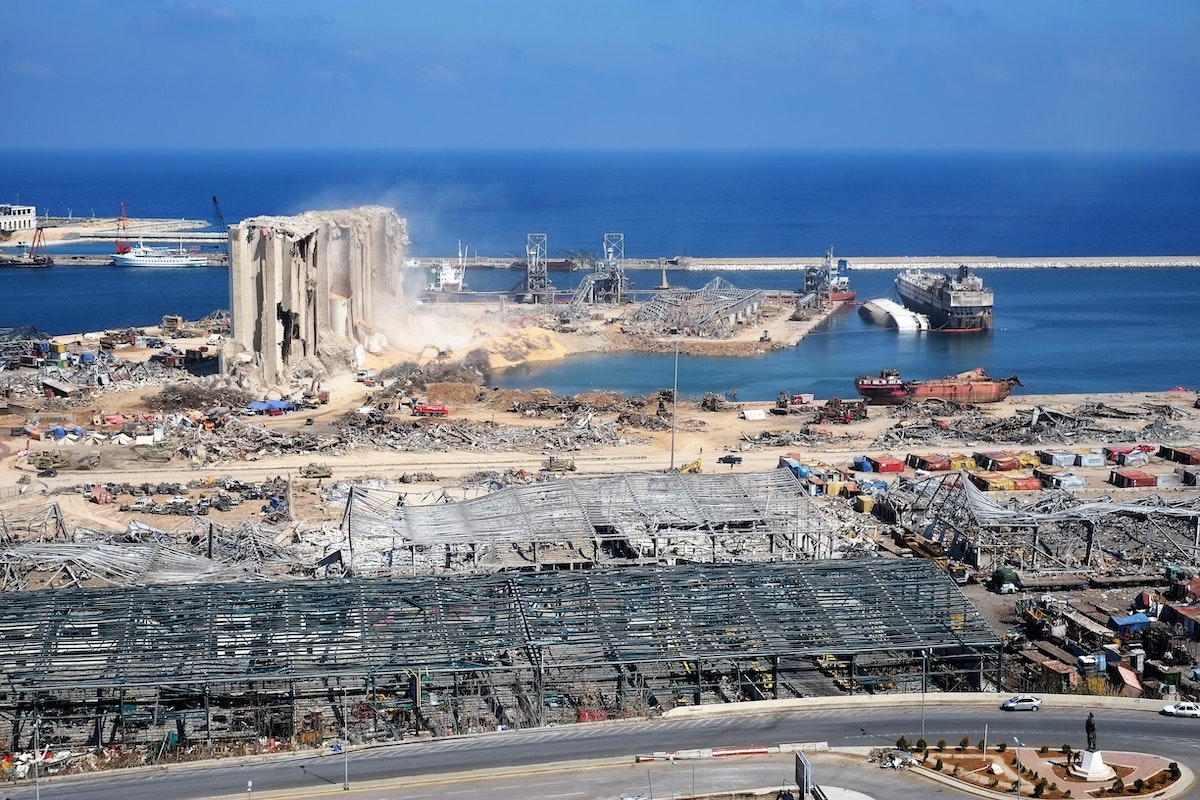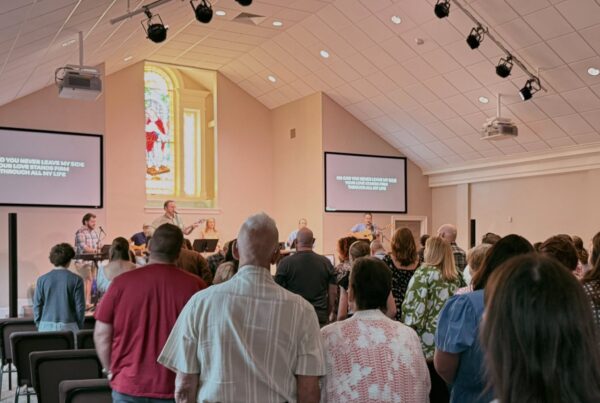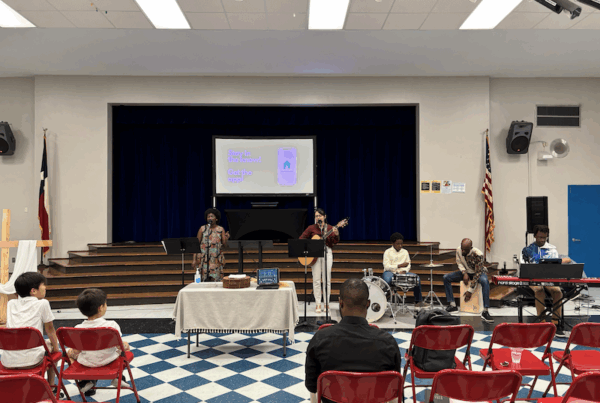It’s been six months since the Beirut explosion. For my Lebanese brothers and sisters, there’s no forgetting that horrible event. There are reminders of it everywhere in the city. There’s broken glass on the streets and sidewalks. Many of the buildings still look the same today as they did right after the blast.
Because of all that’s going on around us, there are more things I haven’t processed than things I have. But one thing I’ve been thinking deeply about over the last few days is justice. This explosion was one of the biggest explosions in world history, and one of the darkest moments in Lebanon history. More than 200 people were killed, more than 6,000 were injured, and approximately 300,000 people were displaced. Yet, as of today, there’s been no credible investigation. No one has been arrested. No one has been punished, and no one has admitted guilt.
In some ways, this is absolutely shocking because there’s something in us that says, this wrong can’t just be ignored. And yet, sadly, in other ways, it’s not surprising at all. I know I’m not alone in my bewilderment and dissatisfaction over injustice. A lot can be said about this. Plenty of accusations can be hurled and multiple emotions stirred. But I’d like to share a few thoughts on justice.
When Justice Isn’t Present
There are many things that should have been done differently that day in Beirut. Reports have shown that this disaster could have been prevented if it weren’t for government corruption. And as hard as it is to comprehend this, it demonstrates a clear picture of the brokenness in our world. This brokenness is meant to direct our attention to the restoration found only in God. Hunger points us to real fullness and satisfaction. Restlessness points us to true rest found in Jesus. Emptiness creates a longing for wholeness.
More than 200 people were killed, more than 6,000 were injured, and approximately 300,000 people were displaced. Yet, as of today, there’s been no credible investigation. No one has been arrested.
My people aren’t the only ones living in an unjust world. You, too, know the heartache of brokenness and the difficulty of ministering to people who have been wronged. Sometimes, in my city and in yours, there’s no justice. But the absence of justice we all experience over time can and should point us to the God of justice (Isa. 30:18). God has revealed in his Word that he is just (Deut. 32:4); he is righteous (Ps. 145:17); and he loves justice (Ps. 37:28). In the absence of justice on earth, we look to Christ’s kingdom where “righteousness and justice are the foundation of his throne” (Ps. 97:2).
When Justice Isn’t Enough
The lack of justice isn’t always about absence. Even when justice is present, it’s still incomplete. It doesn’t give all that we hoped it would. For example, concerning the explosion, let’s say a proper investigation takes place and people are arrested and prosecuted to the fullest extent of the law. What does that really accomplish? How much will that really matter to the hundreds of thousands who have been affected and traumatized by the blast?
Of course, there will be some level of resolution. In some ways, families will be able to move on once people are arrested, tried, and punished. That’s important. Believers should pray for justice, display justice, and engage in proper ways to bring about justice (Micah 6:8). But will the arrests bring back the dead? Will this kind of justice make the scars and memories disappear? No. The justice available to us in this world isn’t enough. We need a better kind of justice, a more complete justice. And this cannot come from any earthly agency. We ultimately need God’s justice.
True Justice Restores
As I think of God’s justice, I consider how it contrasts with earthly justice. His justice is true. His ways and decisions are always right. Only God’s justice satisfies because it’s not just a judgment against sin, but a restoration of all that sin destroys. True justice is restorative.
The justice available to us in this world isn’t enough. We need a better kind of justice, a more complete justice. True justice is restorative.
This is most beautifully exhibited in the cross of Christ. It was there that God’s justice and holiness were satisfied because sin was punished. It’s also at the cross where his love and mercy are displayed most powerfully. It represents how God restores us to himself. Our sin isn’t only punished and condemned; but all that is lost as a result of it will be restored. We’re not just forgiven because of Jesus, we’re given a new life and family, an eternal home and rest. We’re completely restored to God through Christ.
In these difficult times of frustration and injustice, here is my encouragement to you: Don’t hope for things in this world that can only be found in the next. Don’t expect things from people that can only be given by God. This isn’t a fatalistic outlook that says, “Nothing matters in this world.” I don’t think we should give up and say, “What’s the point?” Afterall, we’re supposed to be salt and light in this world (Matt. 5:13–16).
This is a challenge to not forget the hope of the gospel. It’s an encouragement to live today in light of eternity. It’s what I’m preaching to myself daily amid heartache for my city. Let us remember the gospel in justice, and may the brokenness we see all around us turn our eyes to Jesus, who declares from the throne, “Behold, I am making all things new!” (Rev. 21:5).











